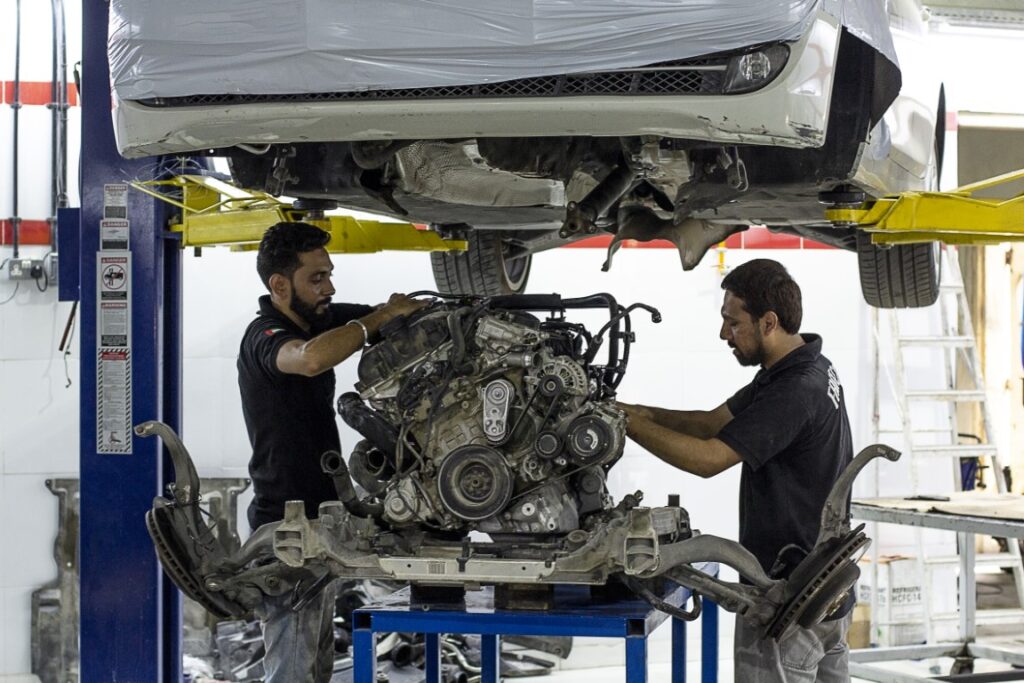Vehicles have become an indispensable part of our lives, revolutionizing the way we travel and connect with the world. While cars, trucks, and motorcycles are complex machines composed of numerous parts, there is one component that stands out as the heart of the vehicle – the engine. Often hidden beneath the hood, the engine is a marvel of engineering, powering the vehicle and enabling it to move, making it undeniably the most important part of any vehicle.

The Engine: Powerhouse of Performance
The engine serves as the powerhouse of a vehicle, converting fuel into mechanical energy that propels the vehicle forward. It operates on the principles of combustion, transforming the potential energy in fuel into kinetic energy that drives the vehicle’s wheels. Modern engines come in various types, including internal combustion engines (gasoline and diesel), electric motors (in electric and hybrid vehicles), and even hydrogen fuel cells, each with its unique method of generating power.
Key Components and Functions
- Cylinders and Pistons: Engines typically have multiple cylinders, each housing a piston. When fuel ignites inside the cylinders, it forces the pistons to move, creating the mechanical energy needed to turn the vehicle’s wheels.
- Combustion Chamber: This is where the magic happens. Fuel and air are mixed, compressed, and ignited, generating a controlled explosion that drives the pistons and powers the vehicle.
- Crankshaft: The energy created by the pistons’ movement is transferred to the crankshaft, which converts the linear motion of the pistons into rotational motion that drives the wheels.
- Valves: Valves control the flow of air and fuel into the combustion chamber and the exhaust gases out of the chamber, ensuring the precise timing necessary for efficient engine performance.
Efficiency and Environmental Concerns
Engine efficiency is a crucial aspect of modern vehicle design. Engineers strive to maximize fuel efficiency, reduce emissions, and minimize environmental impact. Advancements in technology, such as direct fuel injection, turbocharging, and variable valve timing, have significantly improved engine efficiency, leading to reduced fuel consumption and lower emissions.
Moreover, the automotive industry is increasingly focusing on alternative power sources and sustainable practices. Electric vehicles (EVs) are gaining popularity, powered by advanced electric motors and sophisticated battery systems, offering a cleaner and more sustainable mode of transportation.
Conclusion
In the grand orchestra of vehicle components, the engine undoubtedly takes center stage. Its evolution over the years has led to vehicles that are not only faster and more powerful but also more fuel-efficient and eco-friendly. As we continue to innovate and explore new technologies, the engine will remain at the core of these developments, driving us toward a more sustainable and efficient future in the world of transportation.


